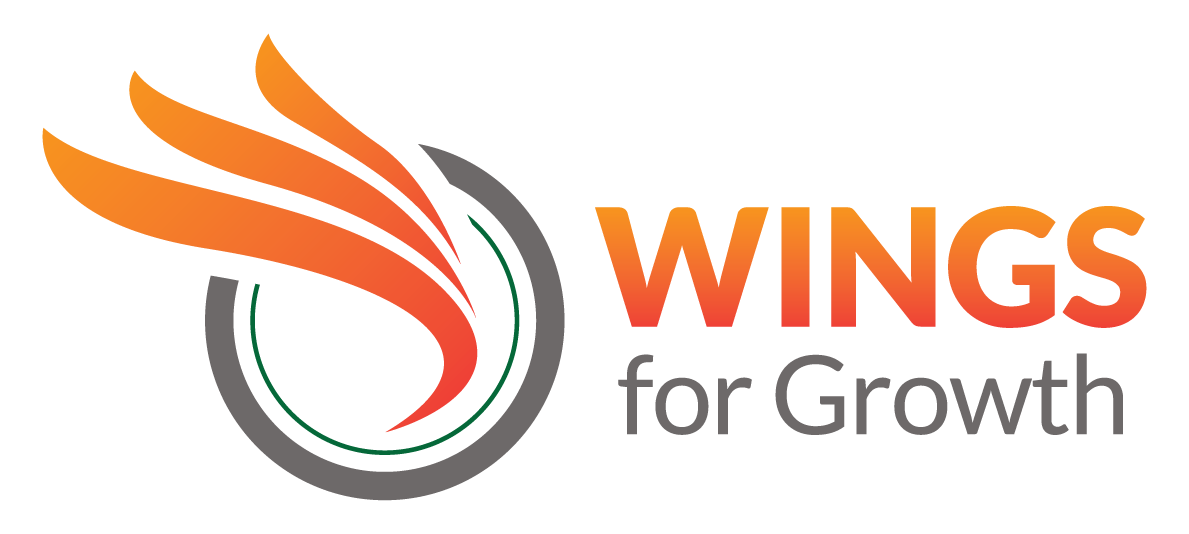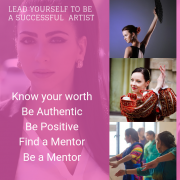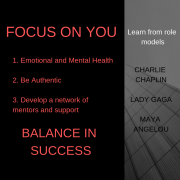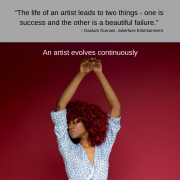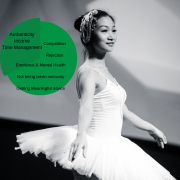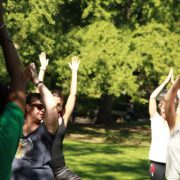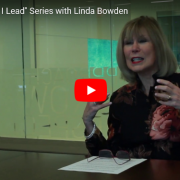Dance is a Hobby, Career or Business? Part Five
An Artist’s path to success

We’ve talked at great length about the struggles in the performing arts industry – today, we talk about what performing artists can do to make their lives easier! There are solutions, and we’re here to present them.
-
Never stop assessing:
Take time for yourself and step away from your art periodically. Ask yourself – do you feel good about your work? Do you feel fulfilled? Identify the areas that aren’t helping you progress in this field, and get rid of them!
-
Know yourself:
Get to know your strengths and weaknesses as an artist. Leverage your strengths – build your artistic foundation on top of a solid structure. Don’t shy away from your weaknesses just because they present a challenge – there’s room for both in your life!
-
Create distinct buckets of work:
Understand what your comfort areas and your challenges are. Respect your work and understand each opportunity for what it is. Not every job will be the most fulfilling task – but make room for this work regardless! That being said, don’t forget to polish the other side of the coin. Make sure your schedule has room for that gritty, meaningful, difficult work – this is where true growth lies, and you owe it to yourself to cultivate it! In short – understand what sells, but don’t be a sellout!
-
Know your worth:
This is a super important note – know your worth! If you find yourself constantly in the position of breaking even or losing money on gigs, something is wrong. We can’t expect a society to value us if we ourselves can’t be confident of our own worth!
-
Pay attention to your attitude:
We know that artists are constantly on the grind – a spontaneous work schedule combined with vulnerability and a fear of rejection can turn even the most optimistic individuals into jaded, worn-out humans. That being said, keep your chin up and channel a positive and productive attitude – when it comes to succeeding against all odds, failure is your friend.
-
Pay it forward:
Make it easier for the next generation – the industry can only grow if we all push it forward together. Mentor, teach, and create frameworks for those struggling to enter the field. The performing arts deserve respect – and it’s up to performing artists to create that respect!
-
Collaborate and build your network:
Alienating people in the industry is never a good idea – after all, artists are in this crazy struggle called life together! Almost everyone we spoke to mentioned the importance of community in their day to day lives as an artist. So, create a community of genuine respect and help each other out. Seek out people who are interested in your vision and your message – and vice versa!
-
Find a mentor and be a mentor!
Building a network of supportive mentors is critical when it comes to life in the performing arts industry. A lack of encouragement can dwindle the fire in even the most voracious artists. Mentors and mentees both stand to learn quite a bit from each other, especially as a blend of skills across different generations come together. When it comes to mentoring, it’s a two-way street!
As we always say at WINGS – Inspire. Enable. Empower! Although the performing arts industry comes with its own set of unique struggles, we believe in providing artists with the tools they need – not only to succeed, but to lead the next generation into the limelight.
Have you read remaining post in this series. Click here for Part One, Part Two, Part Three, and Part Four of the Five part blog series
About the author
This blog was written for WINGS by Ruby Verma. Ruby Verma started out her career working in Private Equity valuations for 9 years. She then made a career switch over to the arts! She now works as a dancer and a writer in the greater NYC area. Ruby is an artistic director at Junoon Performing Arts. Follow Ruby on Instagram or Medium and share her expression of thoughts and words through her posts as a passionate artist
